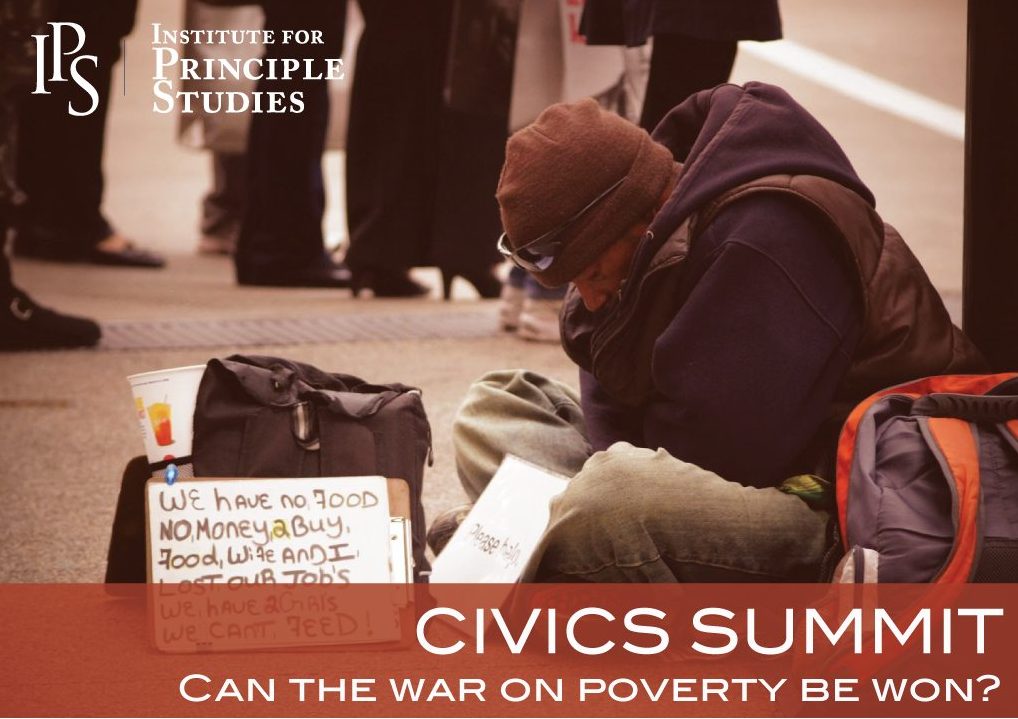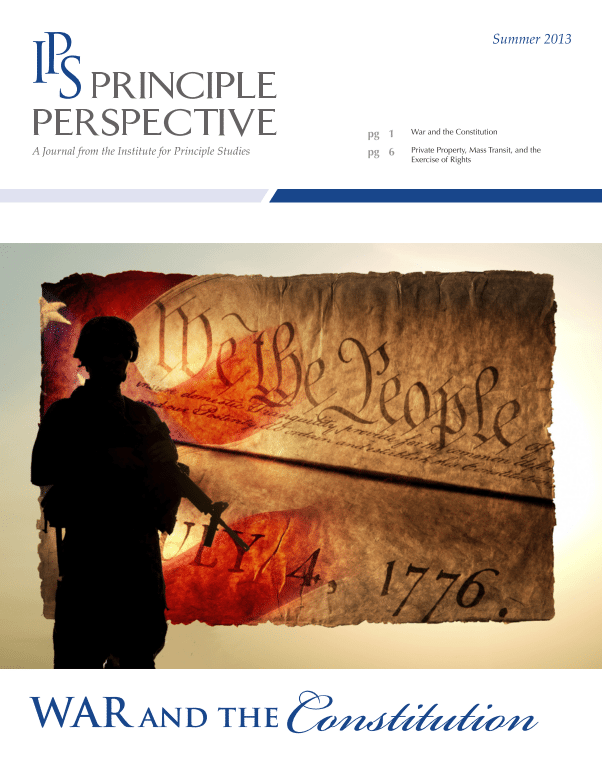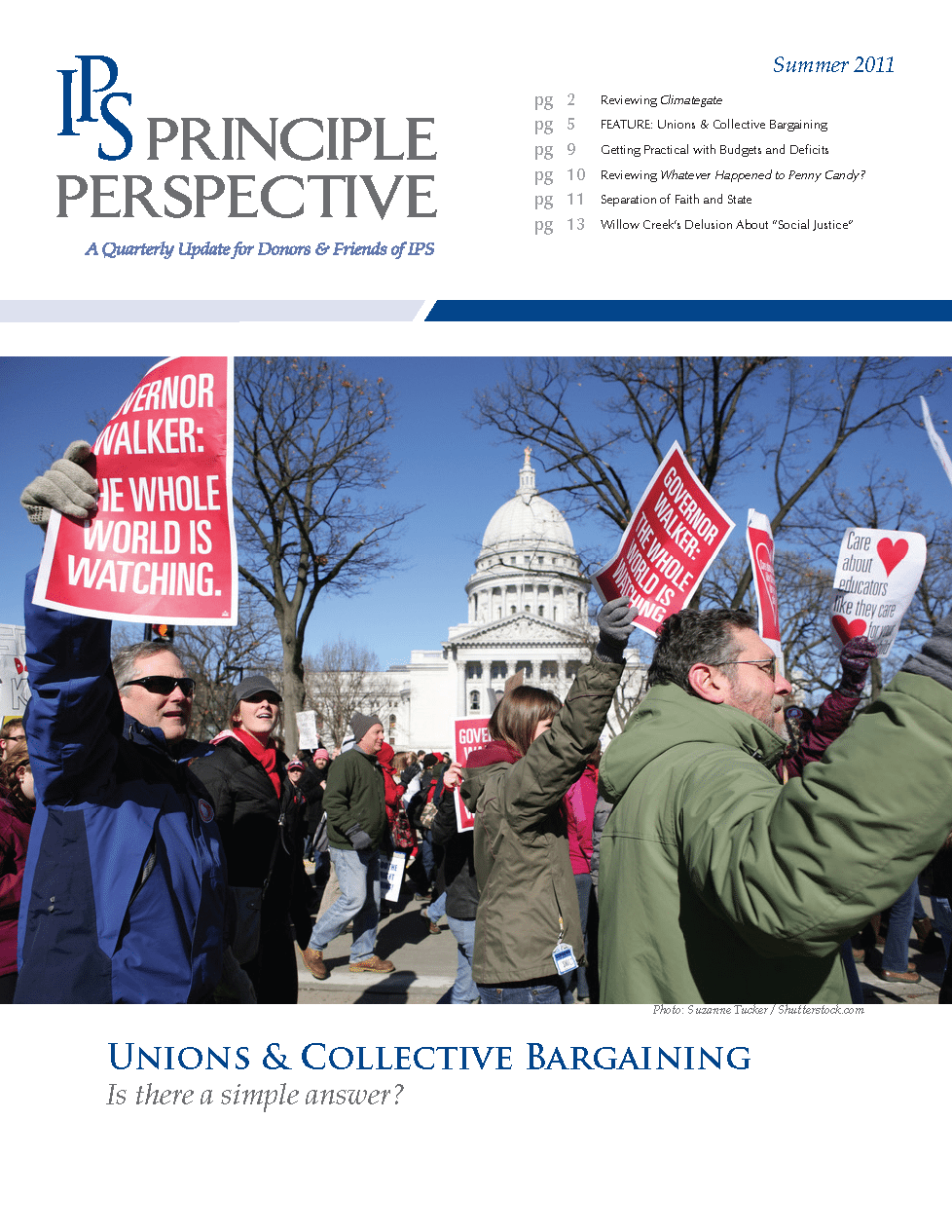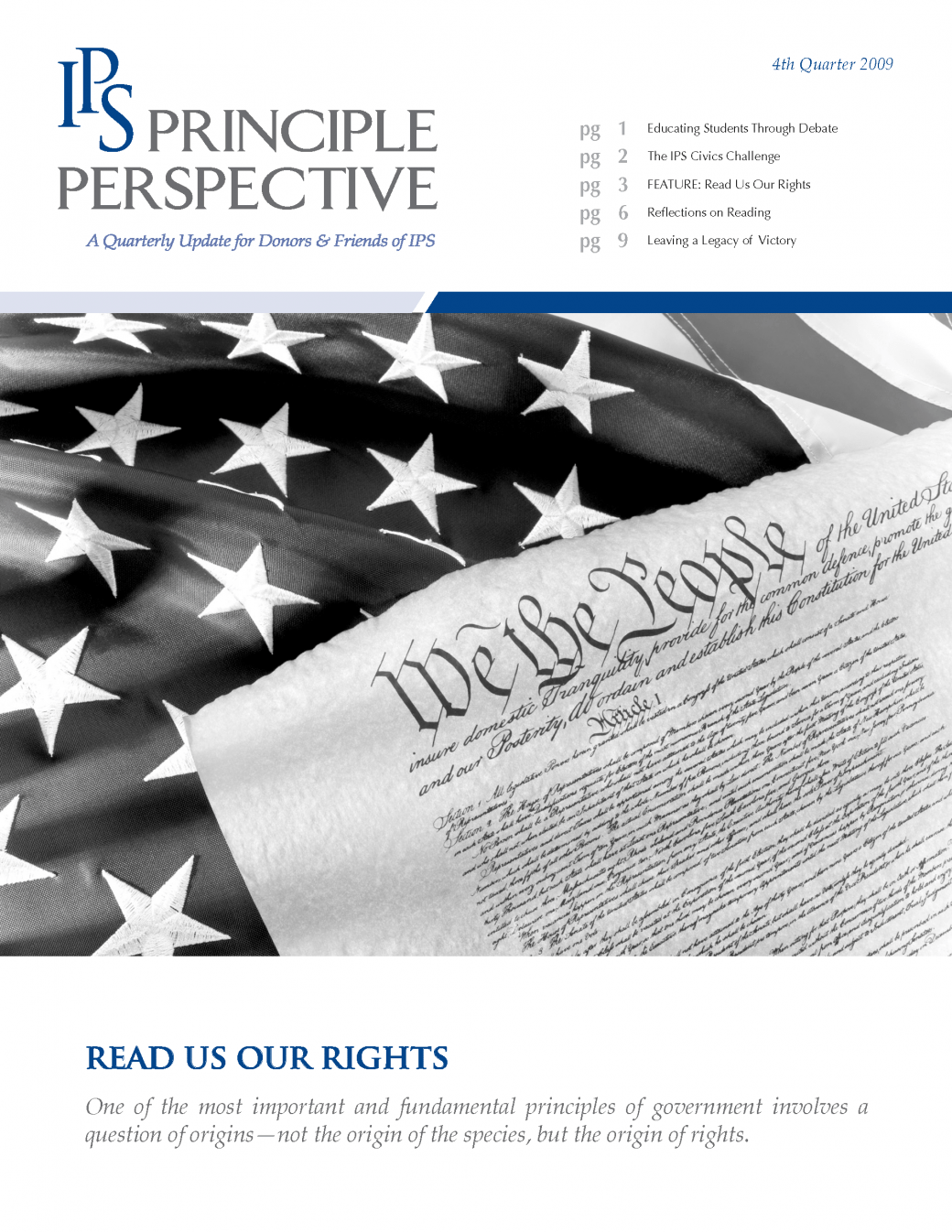Should a company be taxed extra just for not being “Made in USA”? President Donald Trump threatened the motorcycle company, Harley-Davidson, with unparalleled taxes should the company decide to move more of its production overseas. “A Harley-Davidson should never be built in another country—never! The aura will be gone and they will be taxed like never before!” tweeted the President. The question is: does Harley-Davidson (or any business) have the freedom to choose where they produce? And, if a company chooses to produce where its’ government doesn’t like, does the government have the proper authority to punish that company (whether … Read More
The Religion of Cake
Bakery Cakes, Religion and Slavery … In the summer of 2012 a Christian baker refused to provide a custom cake for a “gay” wedding. Almost six years later, the case has finally received a Supreme Court ruling. Many groups including some free speech advocates and religious liberty advocates have celebrated the bakery’s victory. Unfortunately, both the media and our nation’s highest court have ignored the fundamental issues that should have been litigated. In the Supreme Court decision, the majority opinion held that the Colorado Civil Rights Commission’s action violated the free exercise clause of the Constitution and that the baker … Read More
Private Property, Mass Transit, and the Exercise of Rights
By Mike Winther, President of the Institute for Principle Studies Private Property, Mass Transit, and the Exercise of Rights The political and civil rights that we cherish cannot be fully exercised without certain tools. These tools are material things that allow or enhance the exercise of a right. These material things are property, which has ownership that can be either public or private. As a society, we must make decisions as to which form of ownership we prefer for these tools. Should they be privately owned or publicly owned? Those who advocate for big government usually prefer public ownership and … Read More
War and the Constitution
War and the Constitution In modern America, there is considerable confusion about the constitutional requirements related to matters of war. Some people believe that the Constitution gives the President extremely broad power in warmaking decisions, while others contend that the Constitution severely limits that power. Sadly, the majority of Americans simply don’t care what the Constitution says. Most Americans are aware that our federal government is divided into three branches: the executive branch, the legislative branch, and the judicial branch. What is not as well known is that the first three articles of the U.S. Constitution define the roles and … Read More
Unions & Collective Bargaining: Is there a simple answer?
Unions & Collective Bargaining: Is There a Simple Answer? An individual walks into a place of business seeking employment. The owner of the business and the job seeker interview each other, and both decide that an employment relationship may be to the benefit of each. They enter into negotiations over compensation and arrive at a mutual agreement on services to be performed and the pay rate. Assuming that the work to be performed is ethical and legal, is there any reason why these two parties should not be allowed to pursue this employment agreement? You might be surprised to find … Read More
Read Us Our Rights
Read Us Our Rights One of the most important and fundamental principles of government involves a question of origins—not the origin of the species, but the origin of rights. It is difficult to discuss any aspect of government without addressing some question about rights. The Stanford Encyclopedia of Philosophy insightfully explains the importance and centrality of our understanding of rights: Rights dominate most modern understandings of what actions are proper and which institutions are just. Rights structure the forms of our governments, the contents of our laws, and the shape of morality as we perceive it. To accept a set of rights is to … Read More
Read Us Our Rights
An IPS Essay By Michael R. Winther, President of the Institute for Principle Studies Read Us Our Rights One of the most important and fundamental principles of government involves a question of origins—not the origin of the species, but the origin of rights. It is difficult to discuss any aspect of government without addressing some question about rights. The Stanford Encyclopedia of Philosophy insightfully explains the importance and centrality of our understanding of rights: Rights dominate most modern understandings of what actions are proper and which institutions are just. Rights structure the forms of our governments, the contents of our … Read More
Natural Rights: A Matter of Origins
An IPS Commentary By Michael R. Winther, President of the Institute for Principle Studies Natural Rights: A Matter of Origins Within the general category of “natural rights”, there are two underlying schools of thought. Both believe that human beings posses certain rights and that these rights cannot be infringed, even by legitimate government action. (This is not to say that these rights are never violated. In fact, these rights are often infringed by governments acting outside of their proper and legitimate role.) Between these two camps, there is only minor disagreement about what these “natural rights” are, and both camps … Read More
In Defense of Speculation
By Michael R. Winther, President An IPS essay, published September 2008 In Defense of Speculation Whenever there is a shortage of any particular commodity, the media is sure to draw our attention to profits being made by “greedy speculators” who reap their windfalls while the ordinary citizens struggle to survive. The recent run-up in the prices of crude oil and gasoline has, predictably, resulted in calls for regulations to limit the activities of speculators in the oil market. Should we allow government to “protect” us from this speculation? Let’s take a deeper look. Let me start by saying that the … Read More






